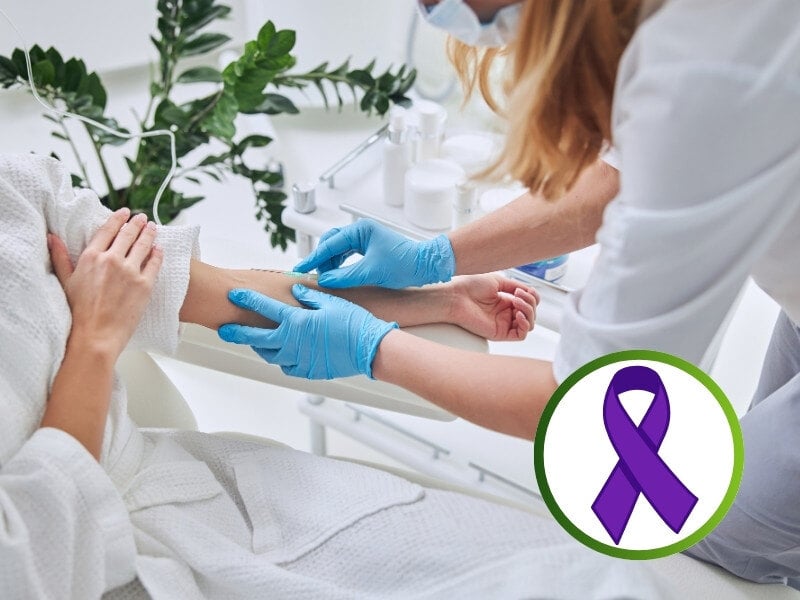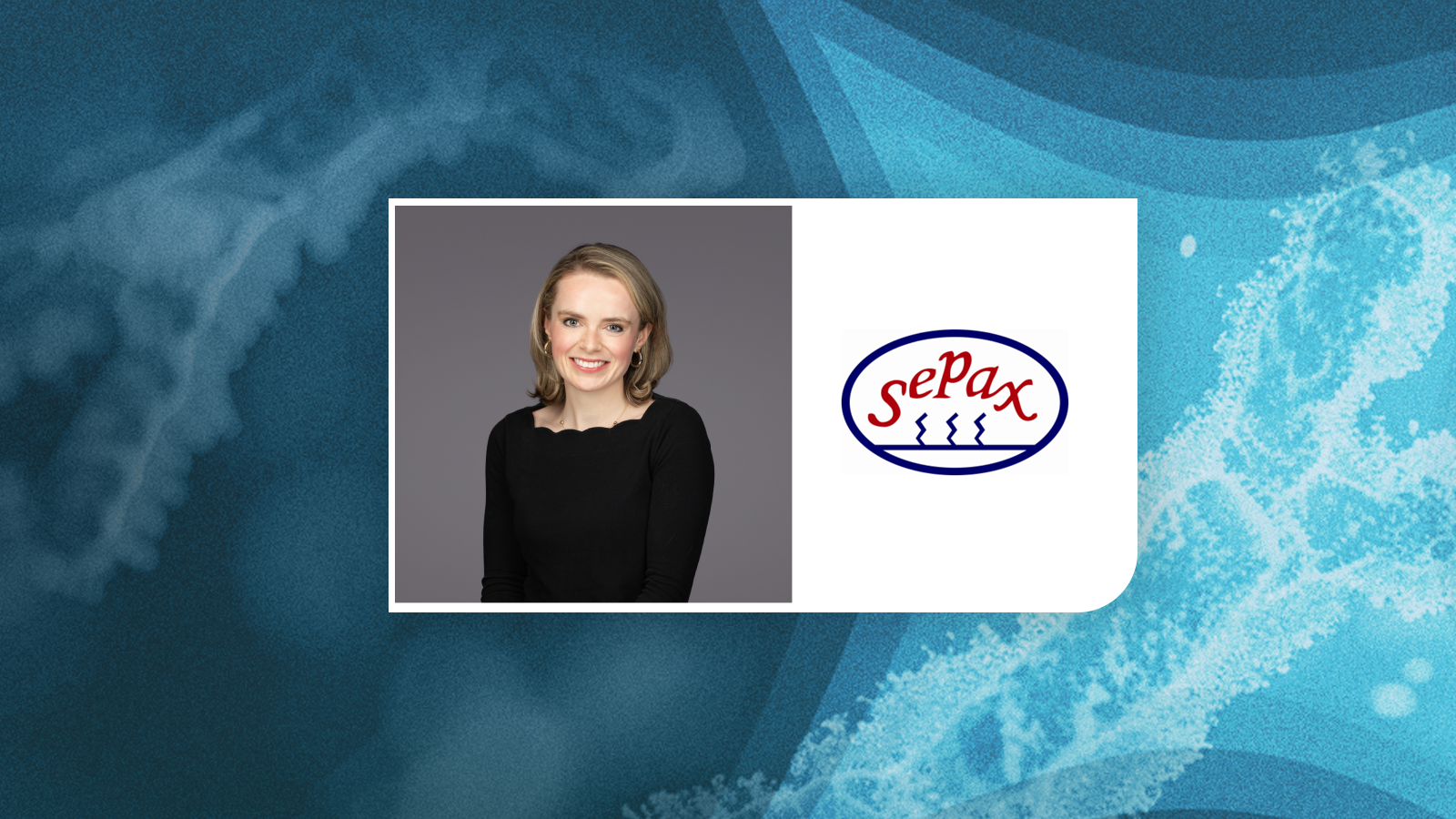Accelerating NextGen Biomed
From groundbreaking discoveries to real-world applications: Bringing the next generation of biomedicines from concept to market
Events
Community
Services
Resources
LifeScienceXchange
In-Person Events
-1.png)
Oct 02 - 03, 2025 | San Diego, CA
.png)
11 - 12 Nov 2025 | London, UK

24 - 25 Mar 2026 | London, UK
Online Events & Activities
NextGen Biomed & Our Community
NextGen Biomed is committed to supporting R&D scientists, as well as drug development and manufacturing experts, working with biologics, peptides, and oligonucleotides to overcome complexities at every stage of the drug product lifecycle, enabling the delivery of optimised and sustainable medicines at scale.
Our In-Person & Digital Services
We work with cutting-edge vendors working on the next generation of biomedicines, supporting them to forge in-depth connections with customers, showcase their solutions and position themselves as market leaders.
Featured Resources
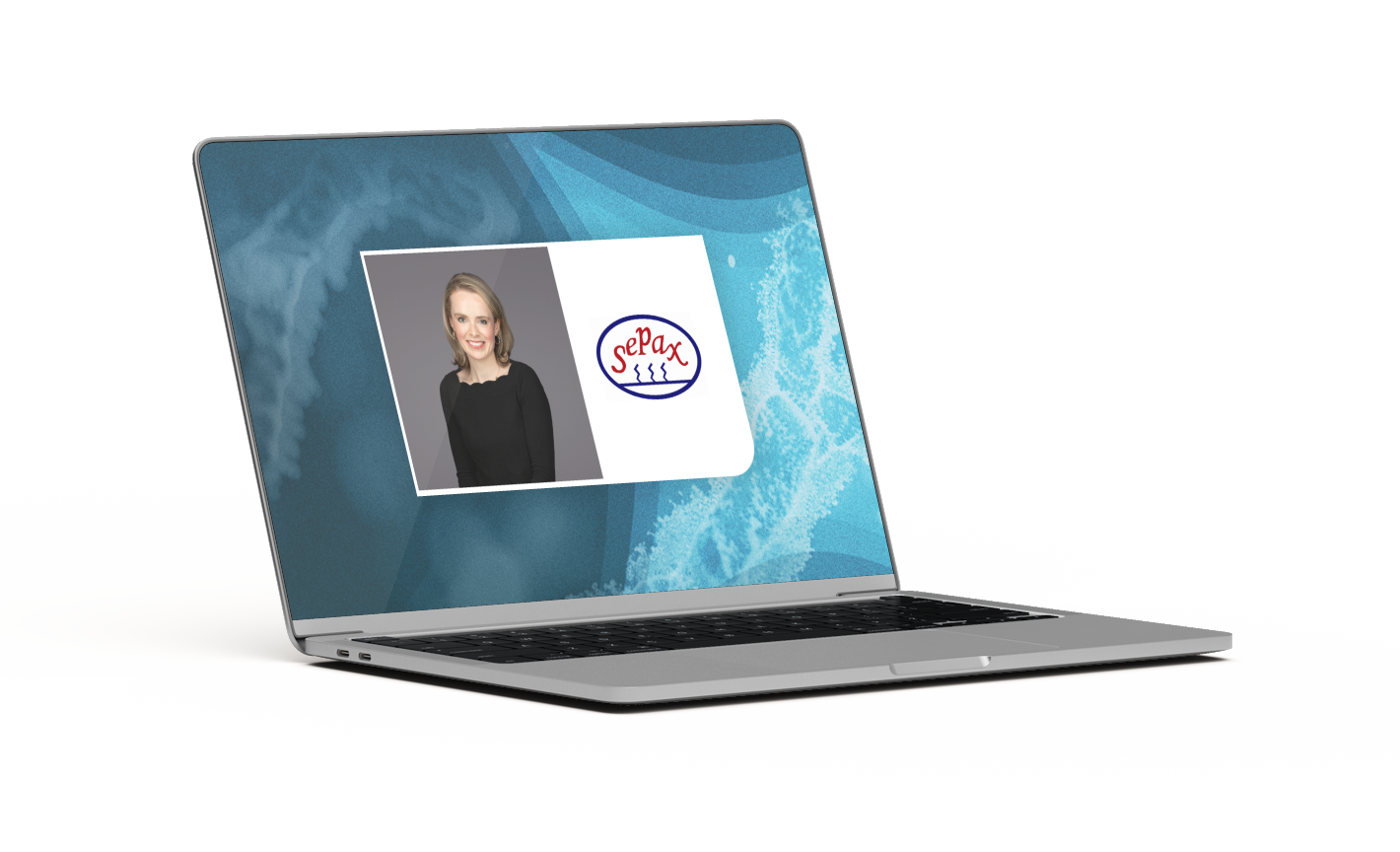
Featured Webinars
Smarter IEX Solutions: Elevating Performance and Lowering Costs

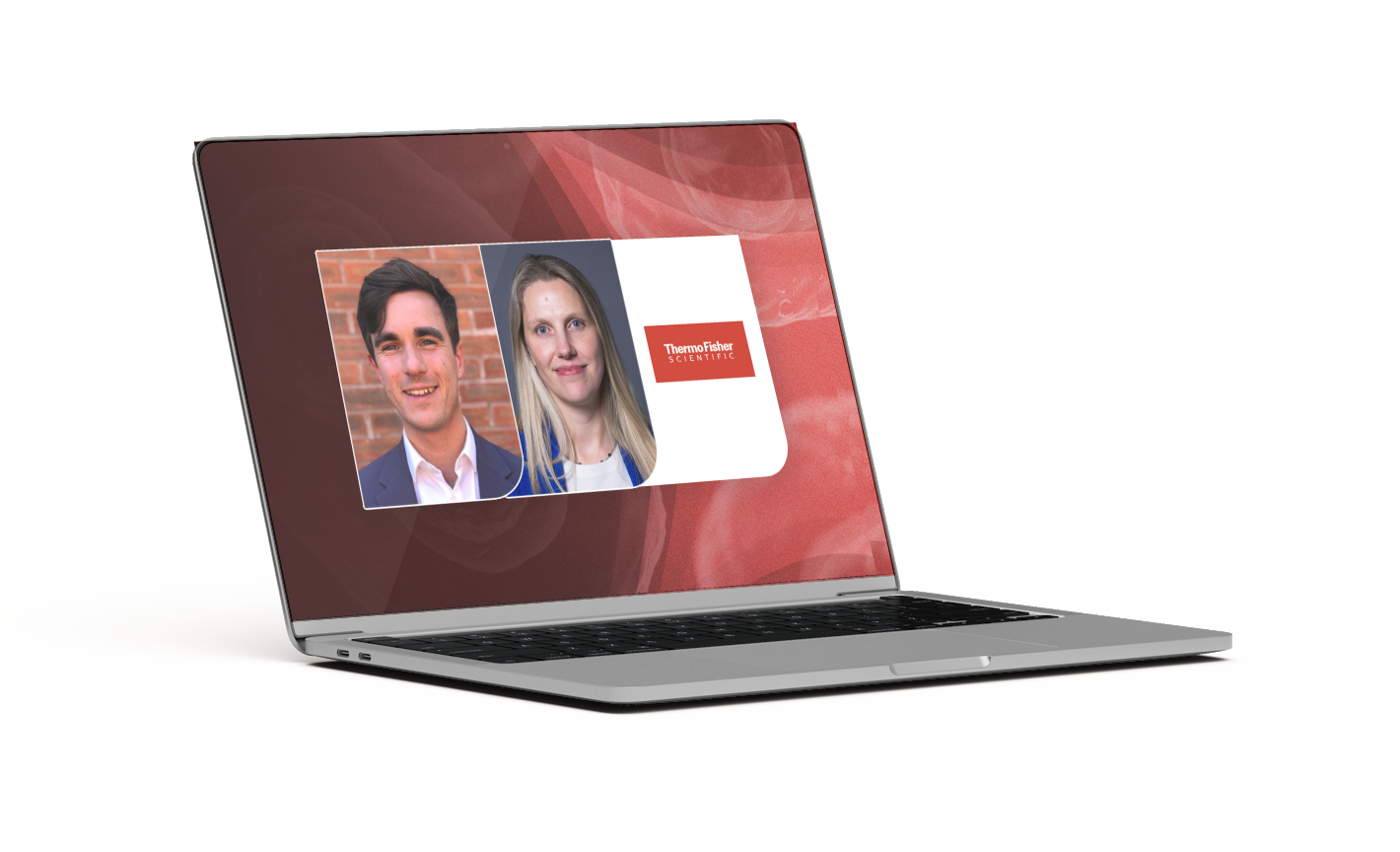
Featured Webinars
Innovative Contamination Control in Cell Therapy: Enabling Integrity and Efficiency
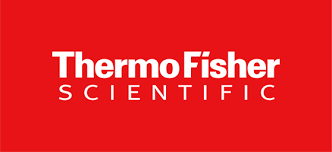
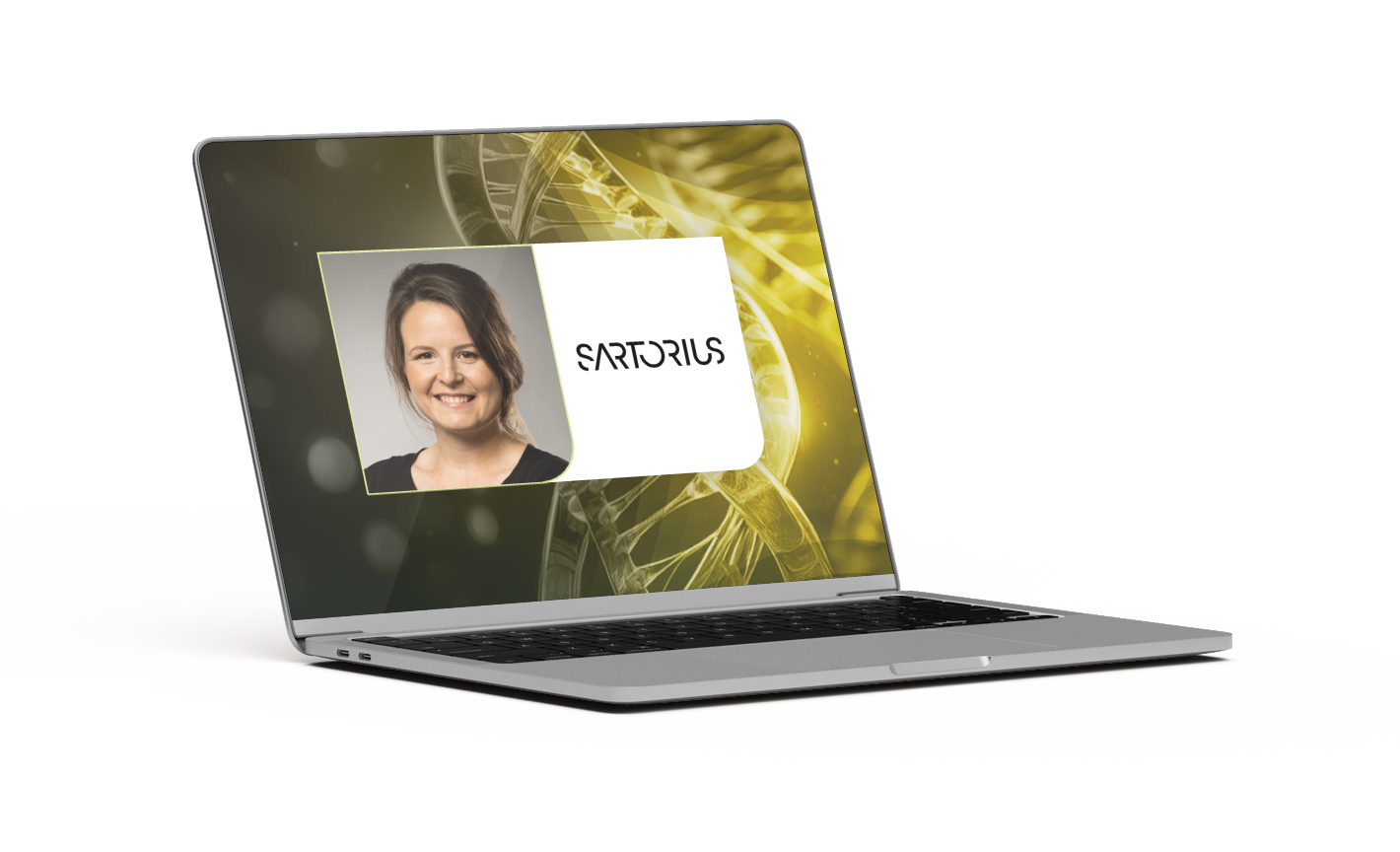
Featured Webinars
Advancing EV Research: Analytical Chromatography Solutions for Efficient and Comprehensive Characterization of EV Preparations With Varying Complexity

LifeScienceXchange
Patients are counting on your R&D community for the next wave of life-saving medicines.
LifeScienceXchange is the catalyst: a platform for leaders from diverse life science disciplines to connect, learn and collaborate, so that together we bring new treatments to patients faster, sustainably and at scale. Providing actionable market insights, technology showcases, thought leadership and essential news, all in a condensed and curated video format.
It will help you understand trends, benchmark your work, inform strategy and ultimately get your new treatments to patients, faster.
NextGen Biomed on LifeScienceXchange enables the biologics drug development community, to move as one — so we can bring life-saving cures to patients.






